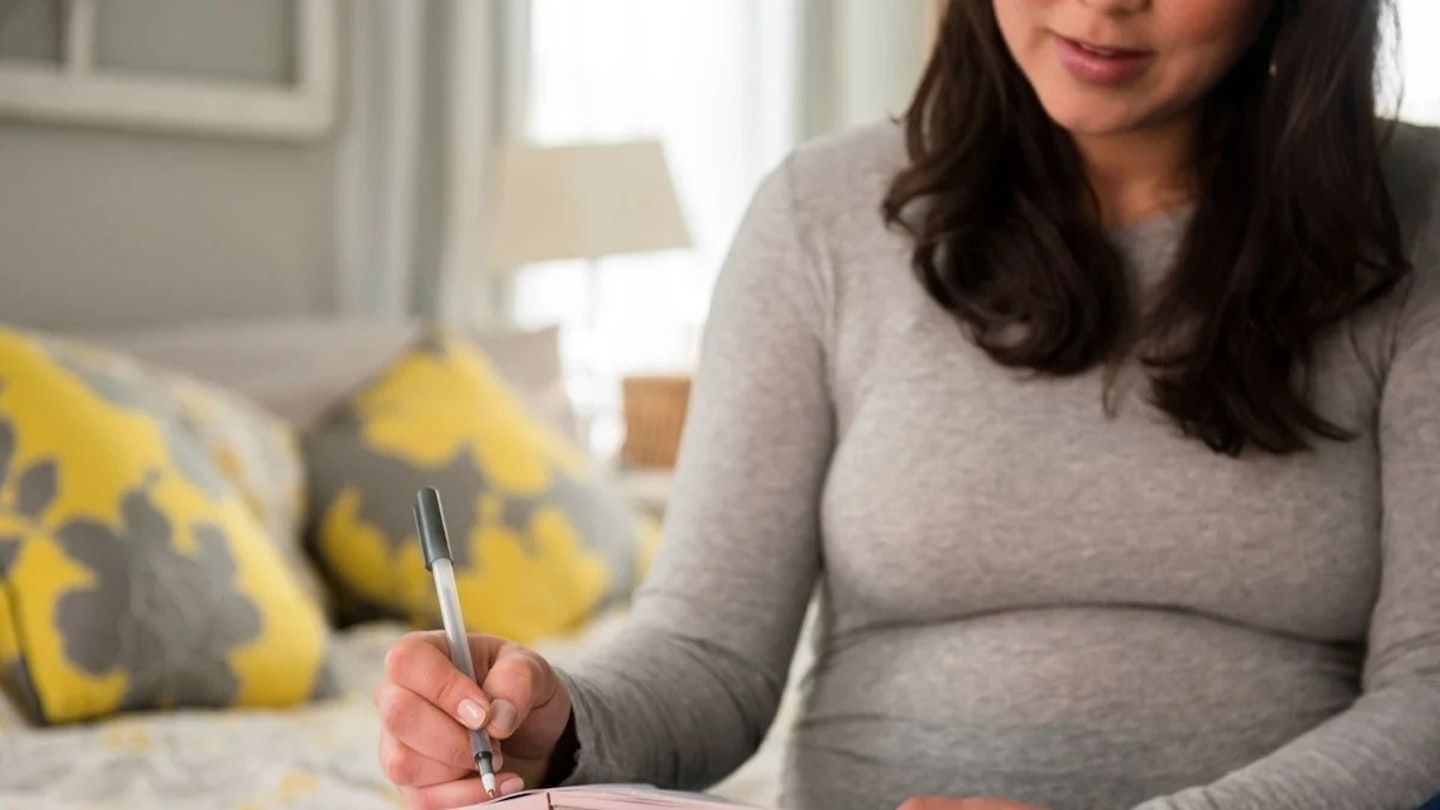At nine weeks pregnant you'll be coming up to your third month of pregnancy and it'll really be starting to settle in that your whole world will change forever in a matter of months!
Right now your baby's head is more developed and although they are still webbed, fingers and toes are now visible (how cute!).
Now is the time you might want to start thinking about saving up the pennies for when baby arrives! It's also a good idea to look into your companies maternity leave policy so that when you do break the exciting news to your boss, you'll be clued up enough to discuss what will happen in the coming months.
More related articles:
What foods should you eat during the first trimester of pregnancy?
Read more on what to expect in terms of symptoms, changes to your body and your baby's at nine weeks pregnant.
Your symptoms at 9 weeks pregnant
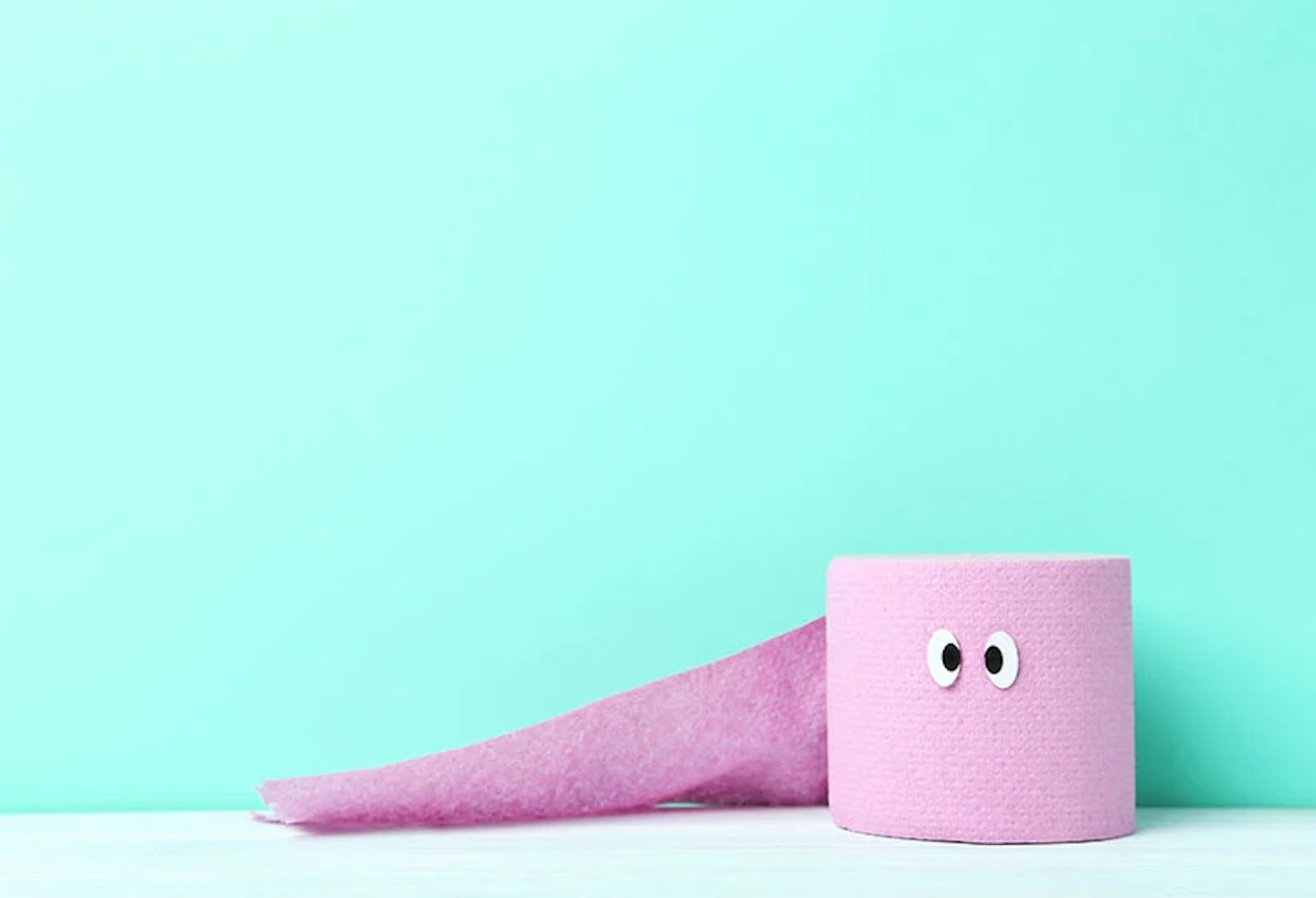 1 of 6
1 of 61) Frequent urination
Yes, you are still weeing ALL THE TIME. This has been a constant symptom for weeks now. If you find yourself constantly needing to wee, make sure you lean forwards on the toilet to ensure you’ve fully emptied your bladder.
 2 of 6
2 of 62) Breast tenderness
Another repeat offender. As if getting enough sleep wasn’t hard enough, your growing boobs can make getting comfy that little bit harder!
It’s perfectly normal for your breasts to feel ultrasensitive at this time, so try sleeping with a sports bra on and see if it helps.
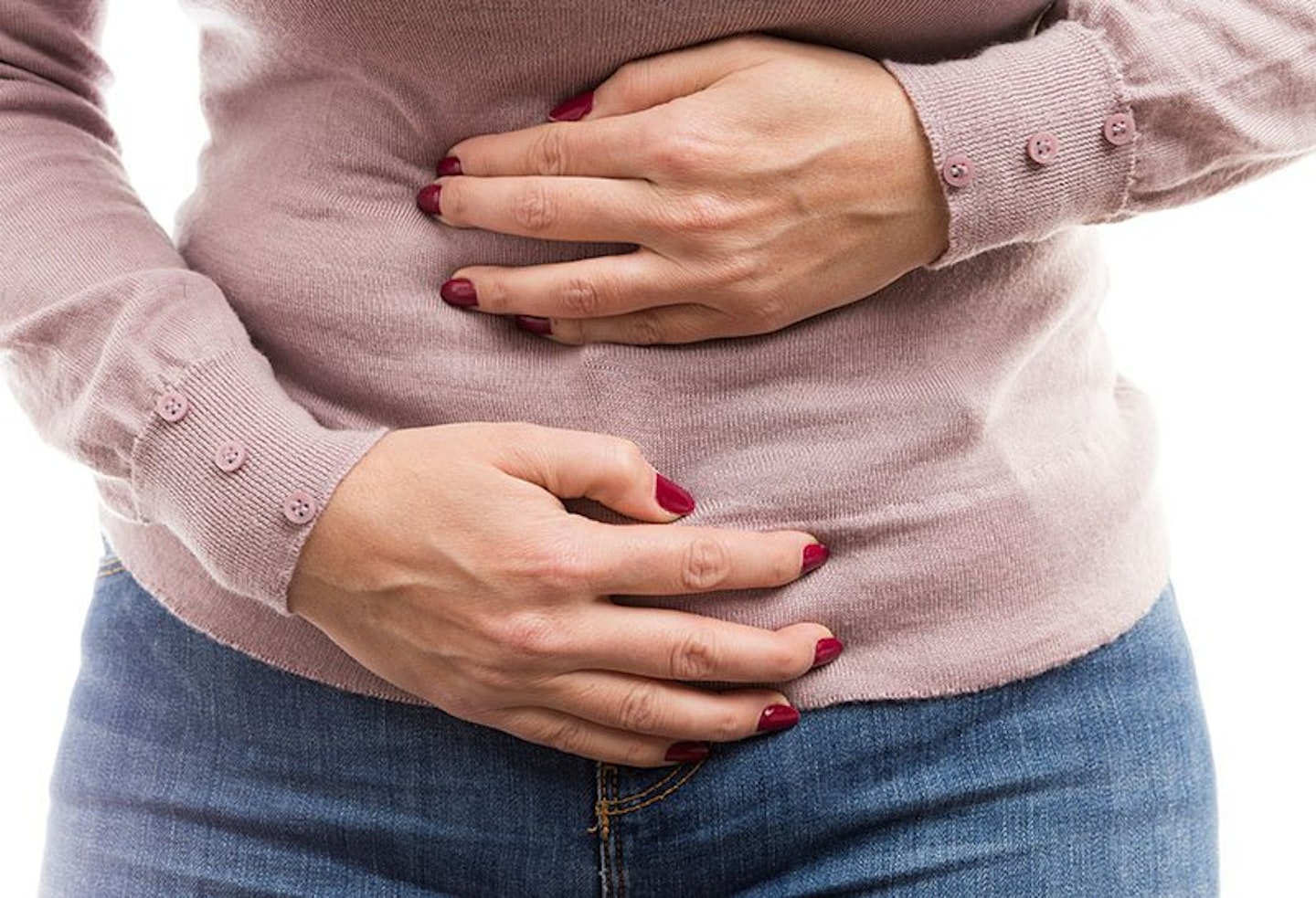 3 of 6
3 of 63) Bloating and gas
One you probably won’t want to talk to your doctor about, feeling gassy is another very common symptom.
If you’re worried about keeping this to a minimum, try smaller meals that won’t overload your digestive system.
 4 of 6
4 of 64) Constipation
Constipation and bloating often go hand-in-hand but that doesn't make it any easier.
If you are suffering, try and eat fibrous foods such as fruit and veg or juice to help you go to the toilet. It also helps to up your water intake.
 5 of 6
5 of 65) Heartburn or indigestion
Heartburn is very common early in pregnancy as your body produces progresterone and relaxin which relax the muscles in your gastrointestinal tract meaning food moves slowly through your system.
This is what causes indigestion, heartburn, bloating and gas. Those pesky hormones?!
However, this is vital for your baby as the slowing down means your baby can get those nutrients more easily. Try chewing sugarless gum to soothe symptoms.
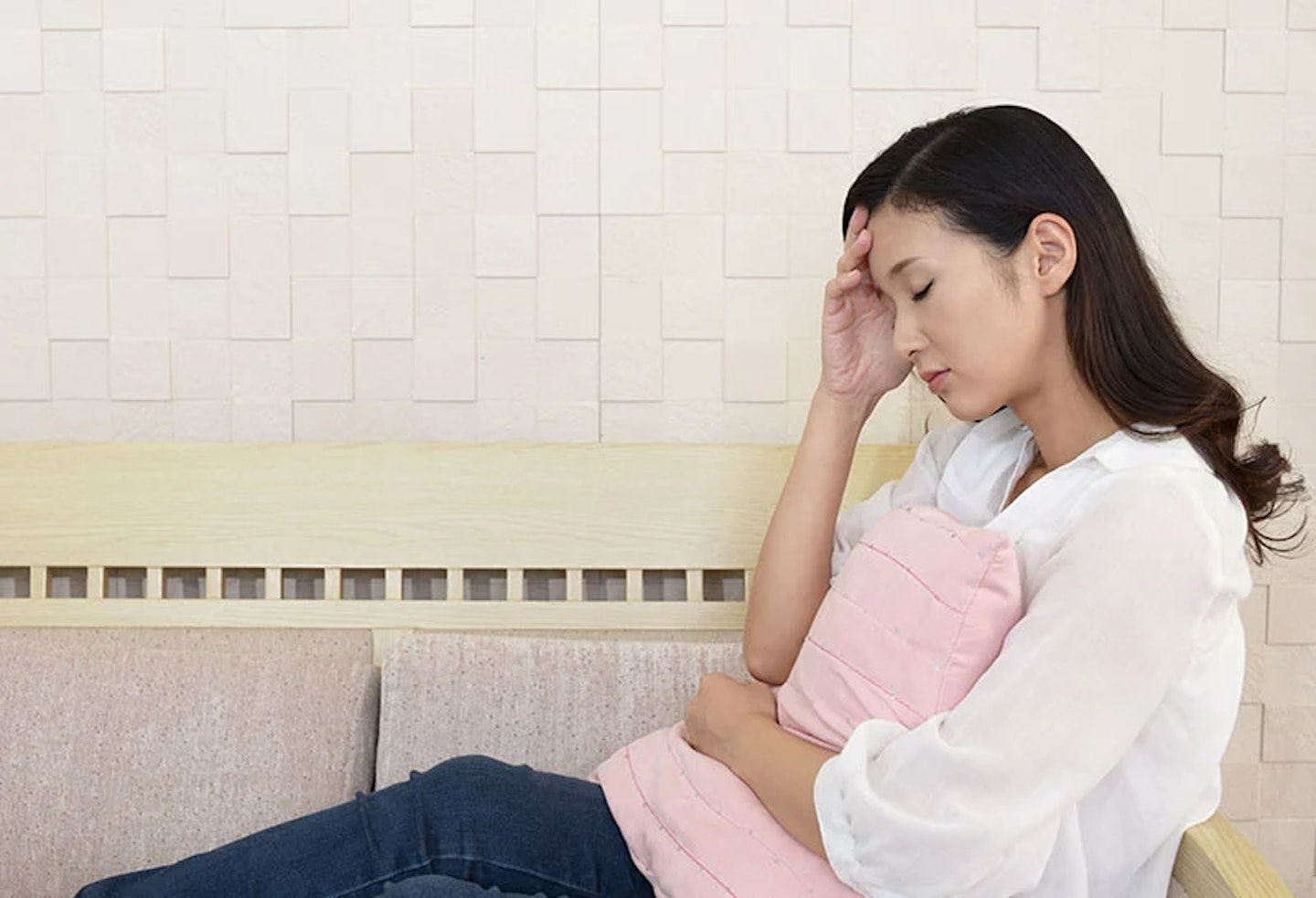 6 of 6
6 of 66) Fatigue
It’s perfectly normal in these first few weeks of pregnancy to feel extremely exhausted but when you think of the mammoth changes occurring physiologically, mentally and emotionally, is it any wonder you need a lie-down?
Your body is working around the clock to develop the placenta, but also, pregnancy has increased your metabolism and hormone levels, which in turn lowers your blood sugar levels and blood pressure. Try introducing different foods into your diet to help with this.
If you find yourself snoozing more, try sleeping on your left as this stops your uterus pressing on major blood vessels, allowing more blood to get to your baby.
Over the past few weeks, the levels of human chorionic gonadotropin, have been doubling in your body every two or three days.
The NHS says when you're 9 weeks pregnant, the hormone is at its peak which can make you feel unwell.
Midwife Kate Bennett adds: "Whilst this is difficult, it is important to remember these hormones are also what’s keeping your baby in place in the lining of your womb."
"You might also find that some clothes feel a little tighter than usual, but that's perfectly normal.
"On average a woman is likely to gain around 25-35lbs in pregnancy, and up to 5lbs are gained in the first trimester. If you’re expecting twins, you’re likely to gain up a 1lb a week. However, you may also lose weight in the first trimester if you’re suffering from extreme morning sickness."
NHS midwife Kate Bennett says that symptoms and what you're feeling aren't much different than 8 weeks pregnant, but some changes in your pregnancy journey are at their most severe, such as morning sickness and exhaustion.
Midwife Kate adds: "Due to a mix of hormones, fatigue and nausea can make your emotions harder to control. You may also be experiencing headaches, due to hormones, dehydration, lack of sleep or possibly due to caffeine withdrawal."
Unusual symptoms to look out for during week 9 pregnancy
Remember to call the midwife or your doctor if you're having any concerns and you're experiencing any of the below symptoms.
-
Look out for abdominal pain and belly cramping
-
Are you having any bleeding?
-
Fluid leak
-
Speak to a medical professional if you're feeling particularly lonely or sad
-
Check with a midwife of GP if you have vaginal discharge and in particular if it smells unpleasant
-
Likewise if you feel itchy, sore or it become painful to pee
How big is my baby at nine weeks pregnant?
Once you are nine weeks pregnant, your baby will have doubled in weight, weighing around 2g and is the size of a strawberry. Their hands and feet will be growing too.

What’s my baby doing during 9 weeks pregnant?
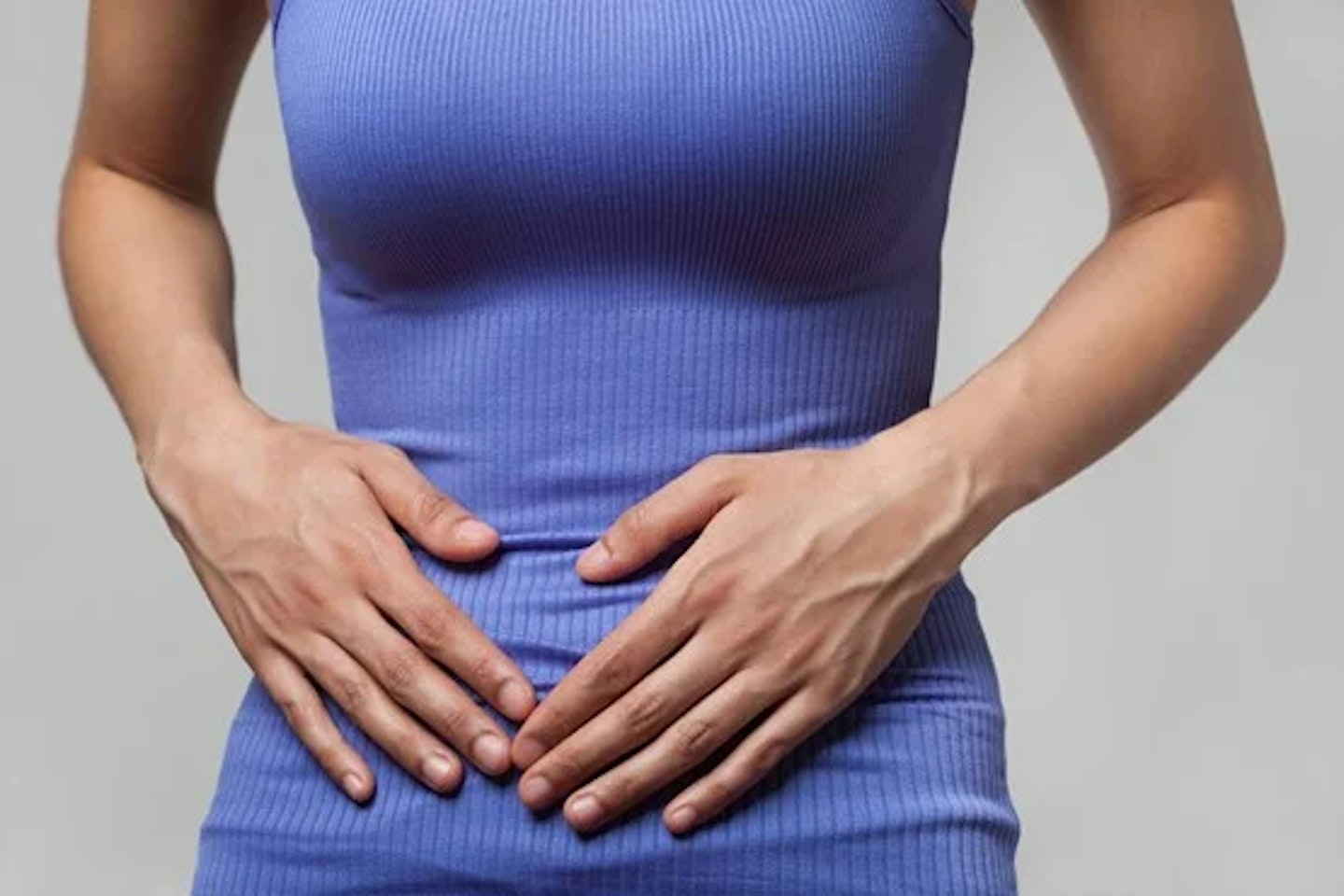
Dr Venkat from the Harley Street Fertility Clinic says: "There is a lot going on at nine weeks. While fingers and toes won't be quite ready at this point, the major organs are starting to take shape."
By week nine, the heart, brain, lungs and kidneys start to take shape and bones will begin forming too.
In a couple of weeks, your baby will officially be referred to as a foetus, and although she’s starting to make tiny arm and leg movements, you won’t feel them for a bit longer.
Right now, your baby’s head is still larger than the body due to all the brain activity that is currently happening.
Apart from that, she is looking more and more like a tiny human and has now lost her tail.
How to look after yourself at 9 weeks pregnant!

1) Keep snacking
"It can be really difficult to get a balanced diet in the first trimester due to feeling queasy and being sick," Kate Bennent says. "However, protein is particularly important in your first trimester, so if typical sources don't appeal such as meat and eggs, try lighter foods such as Greek yoghurts and nut butters."
Focussing on smaller meals throughout the day can help with morning sickness and keep your blood sugar levels up. Rest assured your tiny baby is getting everything she needs!
2) Buy a box of Rennies
Rennies are your lifesaver! Antacids are safe to take during pregnancy and can help with that awful heartburn.
3) Talk to your doctor
If you’re older than 35 or have any genetic conditions, now is the time to talk to your doctor about common genetic tests.
These can be performed between 10and 13 weeks pregnant.
What to do now...
Your next antenatal appointment and upcoming dating scan
If you have an antenatal appointment this week, you might even be able to hear your baby’s heartbeat on a Doppler – a handheld ultrasound device.
That said, if you can’t hear a heartbeat it doesn’t mean something is wrong, just that your baby is in a more difficult position.
What’s more, up until this point, although your baby’s chromosomes are definitely male or female, the genitals were ‘unisex’. From week nine, he or she will start to form specific male or female genitalia.
In a few week's you'll have a scan booked in, which is very exciting and makes your pregnancy journey seem very real. You normally have a dating scan between 10-14 weeks pregnant, so it is often referred to as the '12-week scan'. At this time, the sonographer will look at how developed your baby is and measure the length of your baby from his head to his bottom.

Treat yourself: Why not treat yourself to a relaxing day out? Or a new haircut? Your hair grows like crazy during pregnancy, and what better way to treat yourself than a cut and blow-dry?
Drink plenty of water: Even though you'll be making more trips to the toilet than normal, it's important to stay hydrated, so make sure you're still drinking plenty of water! Staying hydrated can help avoid a urinary tract infection, which are pretty common during pregnancy.
Antenatal classes: ask your doctor or midwife of any antenatal classes that are going on in your area.
Get physical! It's recommended for pregnant women to exercise regularly. Start by going for a ten-minute walk or go for a swim.
Have something you want to ask that we haven’t answered here? We want to know what you’re going through, what your experience is, what your concerns are - post now in mumtribewhere we, or one of our thousands of mum members, will be able to help! You are not alone! We are #onemum. We are mumtribe.
